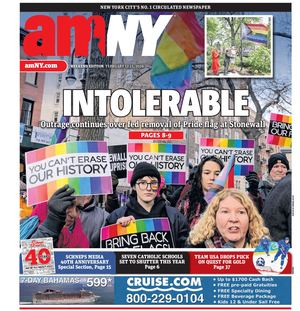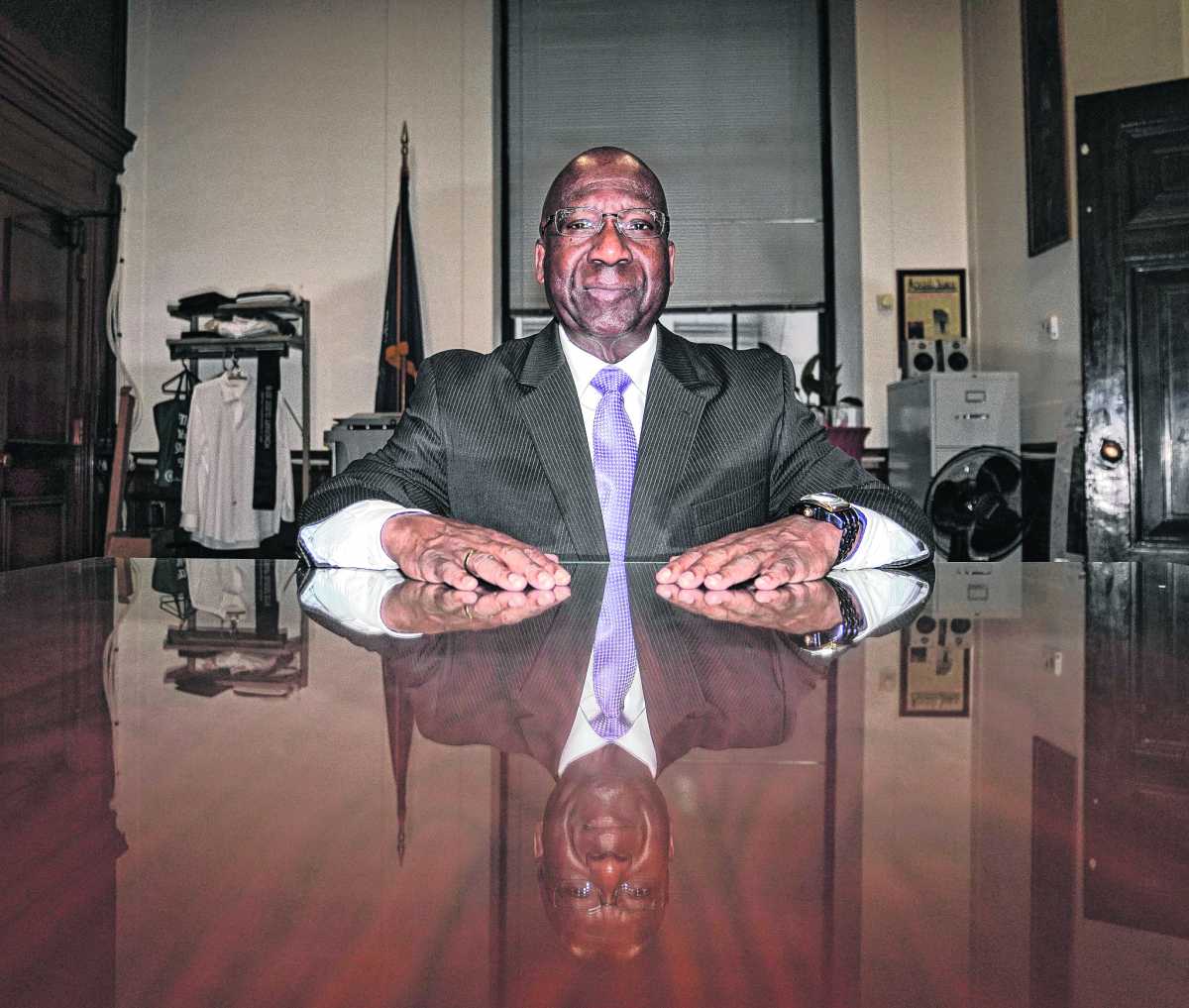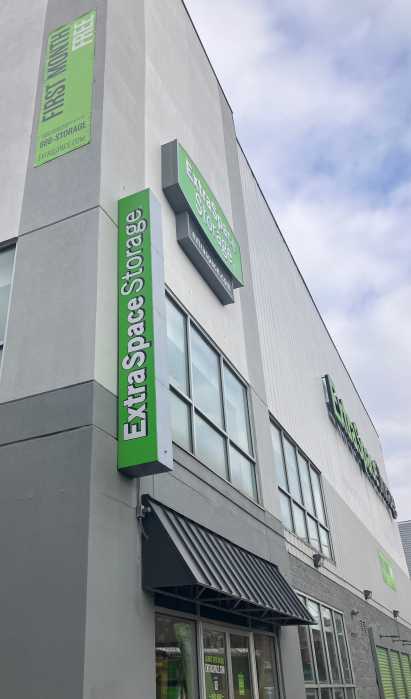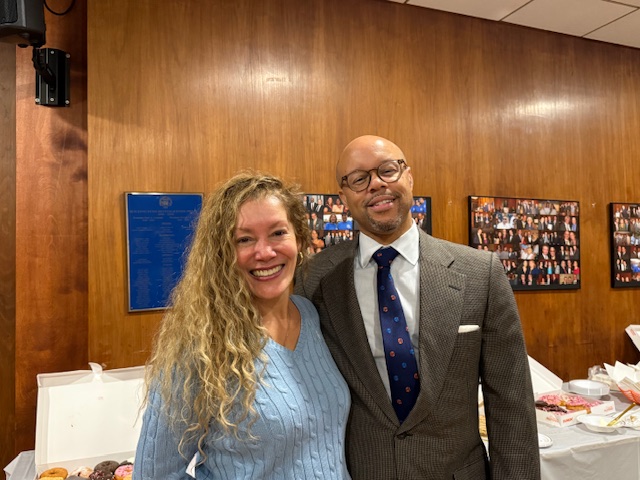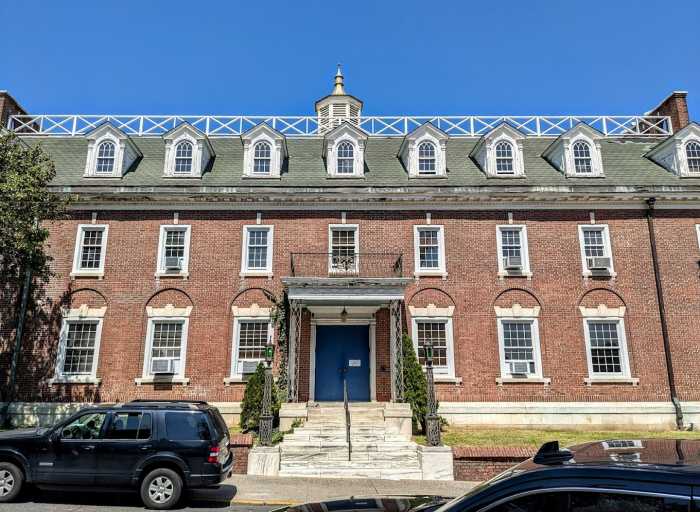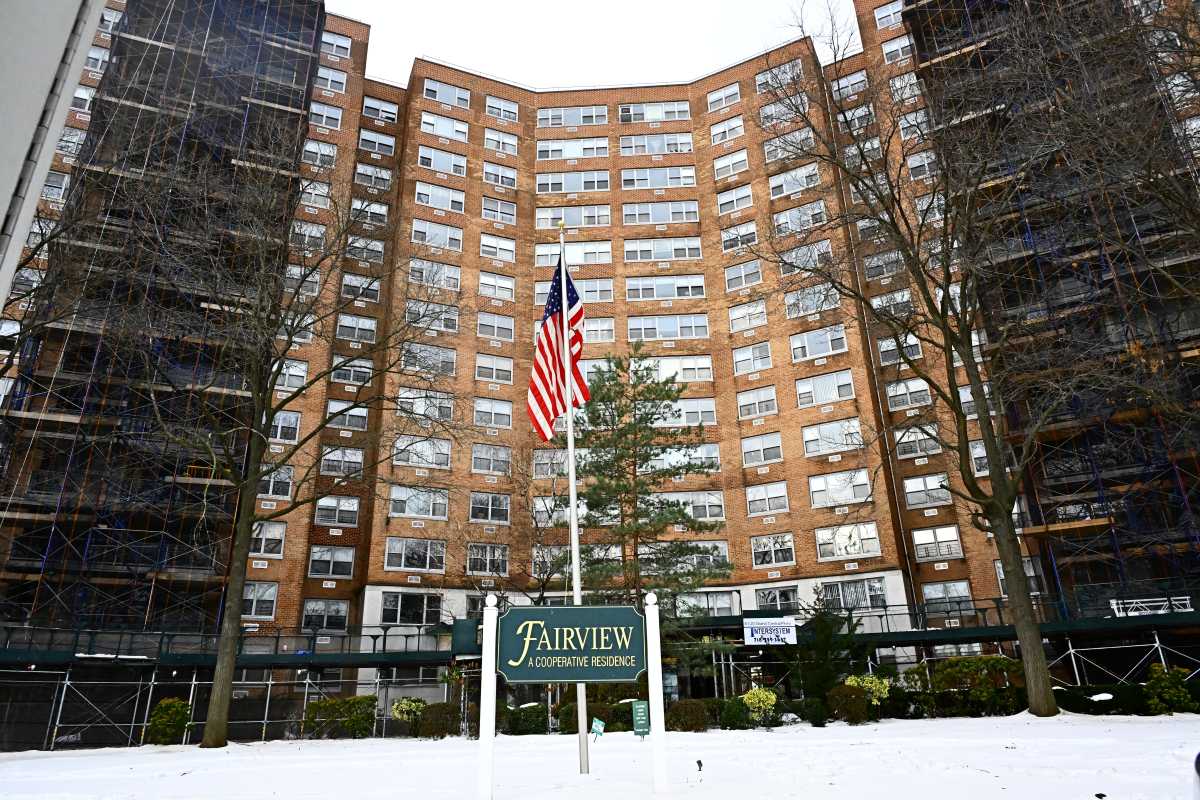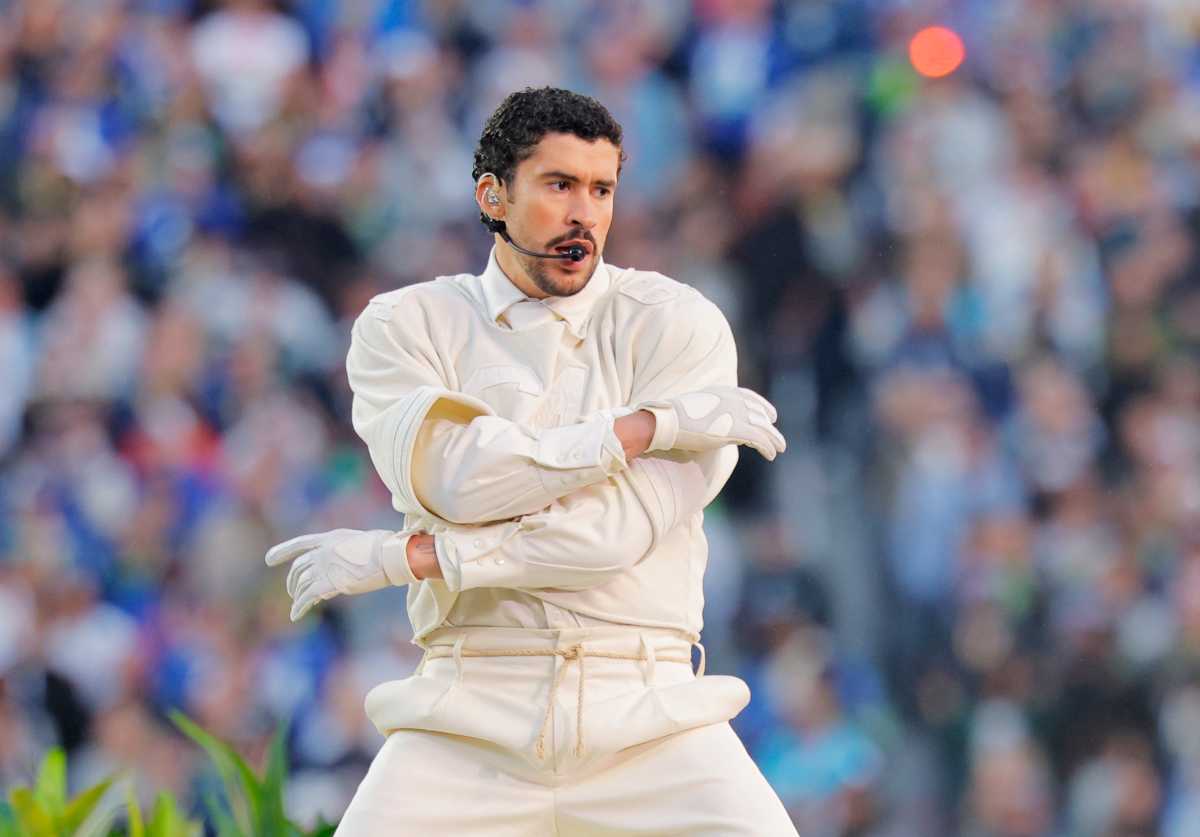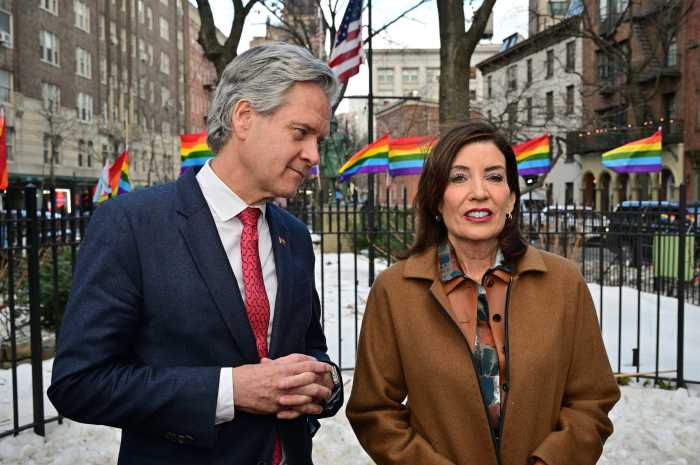When Milton Tingling became Manhattan’s County Clerk in 2014, he stepped into an office at the crossroads of tradition and transformation. The state’s court system was on the cusp of a major shift to electronic filing, and Tingling faced the daunting task of modernizing an office steeped in decades-old practices while maintaining its critical role in the legal system.
“One of the issues has been that people thought that whatever you did in paper, it automatically translated to digital. It does not,” Tingling said. His team encounters quirks daily in filing protocols, requiring constant adaptation to ensure the new system works smoothly.
The move to e-filing wasn’t the only challenge. Tingling had to learn the intricacies of the office itself, which had been run for 45 years by his predecessor, Norman Goodman. With 118 employees and 11 divisions under his watch – the office processes everything from jury summonses to property liens, court files to professional licenses – Tingling needed to understand every aspect of its operations.
“My one rule was that if I ask a question and the only answer is because that’s the way we’ve always done things, it’s getting examined, vetted, and probably will be changed,” Tingling said.
Connecting tradition with transformation
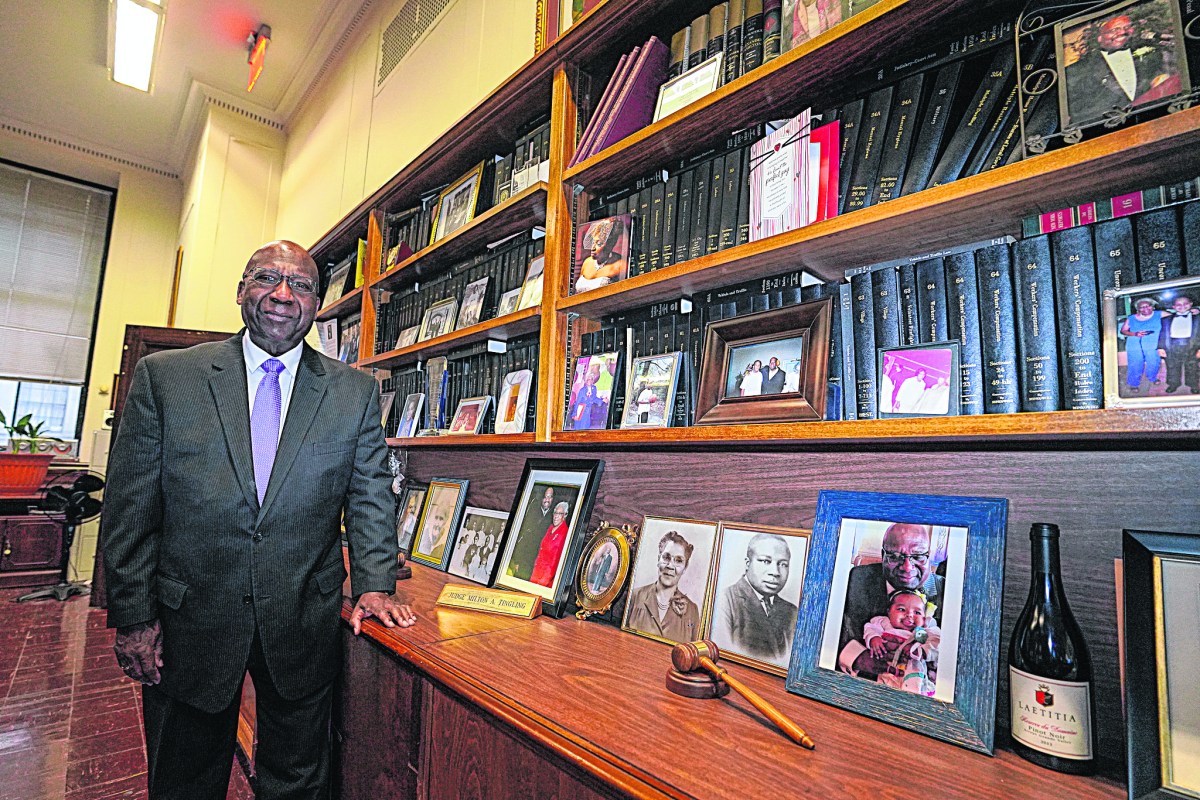
As the County Clerk for Manhattan, Tingling oversees a vital agency that ensures the legal system functions effectively. His office assigns index numbers to Supreme Court lawsuits, processes judgments to make them enforceable, and manages jury pools for trials in New York City’s courts, among other duties.
“I like to describe the county clerk’s office as everything begins and ends here. Everything. You begin your filings here, you make your payments here, you litigate the case, the case goes through the court, and then it ends back up with us,” he said.
Much of what the clerk’s office does is to help people do business. Tingling said to many people his office represents the face of the court system in the sense that his staff interacts more with the public more often than any other branch.
“Nine out of every 10 people who walk into this building are coming to one of the county clerk offices. They’re here for business,” he said, referring to the clerk’s role of issuing business certificates for sole proprietorships and partnerships, as well as other services.
The court building at 60 Centre Street where Tingling works is open to the public. Once people get through the security checkpoint, they can walk right into the clerk’s office.
Unexpected career shift

Shortly before Tingling, 71, made history as the first African-American county clerk in New York, he had imagined the rest of his career moving in a different direction. Tingling gregariously shared his personal history in his warm, husky voice.
Raised in Harlem, he is the son of State Supreme Court Justice Milton Tingling Sr. He’s proud of his family roots, the photos of which are spread over his office, including that of his great-grandfather, an ordained minister, who escaped the bondage of slavery.
When Goodman decided to retire, Tingling, also the first former jurist ever to hold the post of Manhattan county clerk, had just been reelected to a second term on the Supreme Court, where he had served since 2000. That was all before then-chair of the New York Democratic Party Keith Wright approached Tingling about becoming county clerk.
“I had no idea what the hell it was. My interaction with the county clerk’s office was basically to send my clerk down to try and expedite a judgment,” Tingling said.
New York City county clerks are appointed by the Appellate Division, often at the recommendation of the ruling political party, for terms that are considered lifetime because there is no limit and no one has ever been removed. Once Tingling accepted the role, his transition became a learning process. He didn’t come into the office with a clear vision or ideas about what he wanted to change. That came about gradually. Every day he would pull employees from each of the departments under his watch – from public notary services to judgments to its historic records department – to teach him the inner workings of the agency.
Over his 10-year tenure, Tingling’s approach has resulted in changes in personnel and protocols. Perhaps the one most familiar to New Yorkers involves jury service. One quirk about county clerks in New York City is that unlike the rest of the state, each borough serves as the commissioner of jurors for both civil and criminal court. In Manhattan, this role is a huge undertaking for some of the most highly publicized trials in the country. For a high-profile case, the office can be in charge of herding 2,000 potential jurors into court to report for service.
“We’ve had the Trump trial, we had the Weinstein trial, we have the [Daniel] Penny trial,” Tingling said.
It’s an expansive responsibility, and one that Tingling did not see coming until he was suddenly tapped for the role.
Among the updates he engineered was to shorten the period of eligibility for jury duty from every six years to two years, so he could increase the number of eligible jurors.
“The pool of jurors realistically is starting to abate because of the changes in New York County,” he said, attributing the change partly to a rise in foreign investment in Manhattan real estate. “When a high rise or a condo goes up, normally it goes up where there used to be rent-regulated housing. Now those people are gone.”
Perhaps the most significant change that Tingling has overseen has not been of his own design. While the New York court system began its transition to e-filing in 2015, Tingling described the shift as never-ending.
“The fact that it’s all digital doesn’t mean that it’s not time consuming,” he said.
Every case that gets e-filed with the county clerk needs an index number, but when parties make mistakes in their filing, the clerk’s office is responsible for correcting them. If a judge decides to seal or unseal hundreds of pages of exhibits, it is up to the clerk’s office staff to go through each page and make those changes.
In describing the frustrations and complications of his job, Tingling also shared the reason he enjoys it so much: he loves a challenge.
“Every day is fascinating. There are challenges. I get sued, people curse me, but it’s rejuvenated me. It really has. I still love the law,” he said.
Read More: https://www.amny.com/law/
